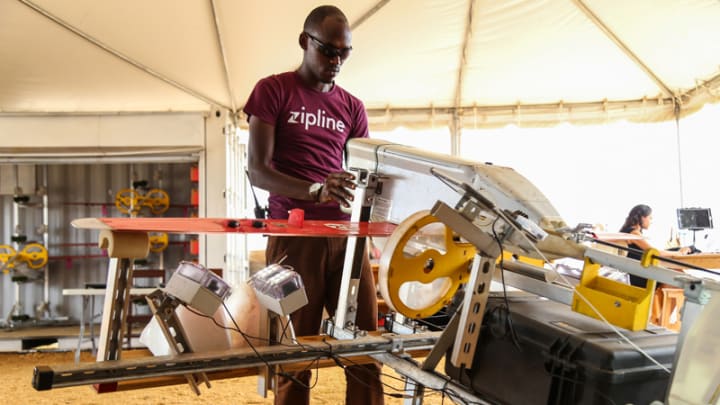
When Kochelani Saili and Lute M’kala entered university, their childhood passions — bugs and television, respectively — guided their academic choices. Today, Kochelani, an entomologist, and Lute, a public relations specialist, are fierce advocates helping to lead the health equity movement in their native Zambia. They are part of a new breed of emerging global health leaders who specialize in “implementation science.”
As Devex’s Catherine Cheney reported recently, “implementation science” is on track to become the newest buzzword in global health. The term arises from a growing understanding that breakthroughs in medicine and technology are not enough to eradicate health inequities, nor is enthusiasm for the last mile alone. While amazing new innovations abound, people around the world — from Flint to Freetown — continue to suffer and die needlessly from preventable and treatable diseases.
Closing this gap, or prevailing through the arduous and “unsexy middle,” as PATH’s Steve Davis has called it, is the express goal of implementation science. Yet it is no easy task, requiring a certain kind of scientist to get the job done. Just as chemists and physicists undergo highly specialized training to develop lifesaving drug formulas or make planes fly, implementation scientists too must be highly trained to build health systems that deliver for all, and for good.
A call for implementation science and systems innovation in global health
Global health professionals are making the case for implementation science and systems innovation to get products and services to the people they are meant to serve.
First, implementation scientists must be resilient, because the road between innovation and eradication is long, and oftentimes lonely. The muscle of resilience is built up over time through the cycle of risk-taking and receiving support: Driving forward through waves of dashing failure and wild success. Implementation scientists have to know how to lean into discomfort, reflect on personal vulnerability, practice self care and develop empathy for others.
At the same time, implementation scientists must be adept at embracing failure as an opportunity to learn. This is how they develop the grit and tenacity to tackle some of the hardest challenges in global health such as ensuring blood donations reach rural communities in Nigeria and rebuilding health systems in post-Ebola Liberia.
Second, implementation scientists must learn to deeply value and in fact prioritize collaboration. The gravitational pull of our comfort zones is strong, but staying in your lane is not a trait that serves implementation scientists working to transform health systems. Insect experts such as Kochelani and media gurus such as Lute have to collaborate with supply chain managers, finance whizzes, data analysts and policy wonks. Advocates for health equity in the United States have to learn from and engage with Rwandan health leaders, and vice versa.
As a recent flagship report on participatory leadership underscored, there is unique power for multifarious leadership networks to break silos and solve wicked problems in global health. These types of networks can only thrive when collaboration is intentionally cultivated at every level — across sectors, borders, and boundaries of all kinds.
Finally, implementation scientists must be design thinkers. In the phase after innovation — and after that, and so on — we need … innovation. Design thinking requires scrappiness and constant iteration. It’s going back to the drawing board again and again, when nothing seems to be working, sustained by that resilience you’ve worked so hard to cultivate.
Implementation scientists must be highly trained to build health systems that deliver for all, and for good.
—Implementation scientists are masters of improvisation and creativity by necessity — the complexity of the challenges and the depth of the resource constraints they face demand nothing less. Whether designing patient-centric clinics, building efficient supply chain systems, or creating information technology solutions to reach remote locales, implementation scientists know that the key to solving problems is thinking outside of the box at every level.
As Dr. Agnes Binagwaho said, “innovation is a new way of doing business.” In applying in-depth entomological expertise to combat malaria in Zambia — at PATH’s country office, in fact — Kochelani Saili is doing just that. So is Lute M’Kala, wielding media savvy to promote the “ultimate brand: Health as a human right,” as she said at Skoll World Forum last month.
If we want to change health outcomes, we have to train more implementation scientists like them — leaders with the resilience, collaborative spirit and design thinking skills required to do the hard work of building health systems that deliver resources, tools and medicines to those who need them the most.
Join the Devex community and access more in-depth analysis, breaking news and business advice — and a host of other services — on international development, humanitarian aid and global health.




